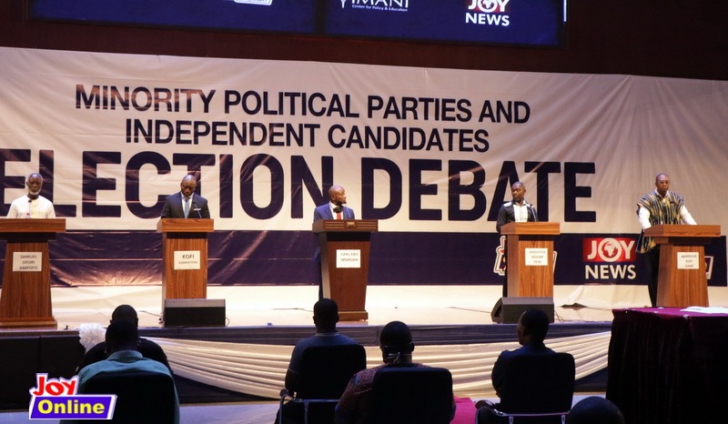Six presidential aspirants took part in the maiden edition of the Minority Political Parties and Independent Candidates Election Debate at the University of Professional Studies, Accra.
Hosted by JoyNews' Head of Political Desk, Evans Mensah and anchor Emefa Apawu, the aspirants in a debate on August 13, answered questions and proferred their solutions on various aspects of the country's governance.
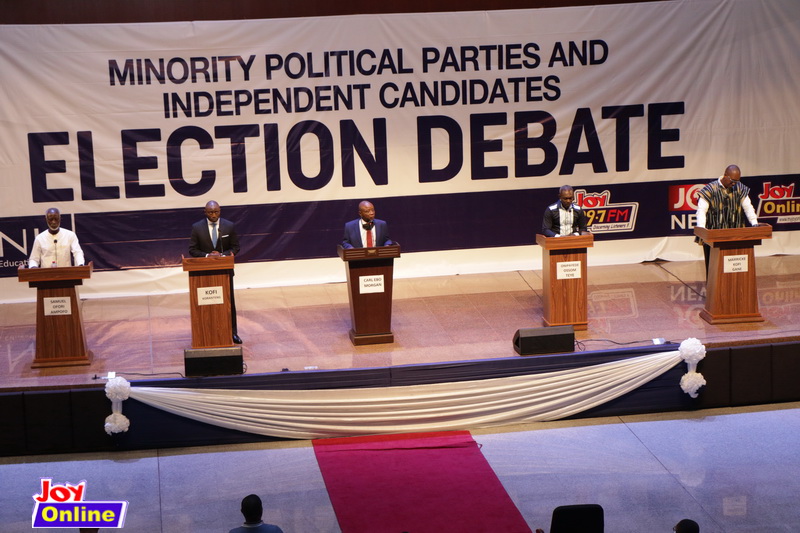
The aspirants were Kofi Koranteng, Samuel Ofori Ampofo, Marricke Kofi Gane, Carl Ebo Morgan, Dr Tom Asiseh and Onipayede Osson Teye.
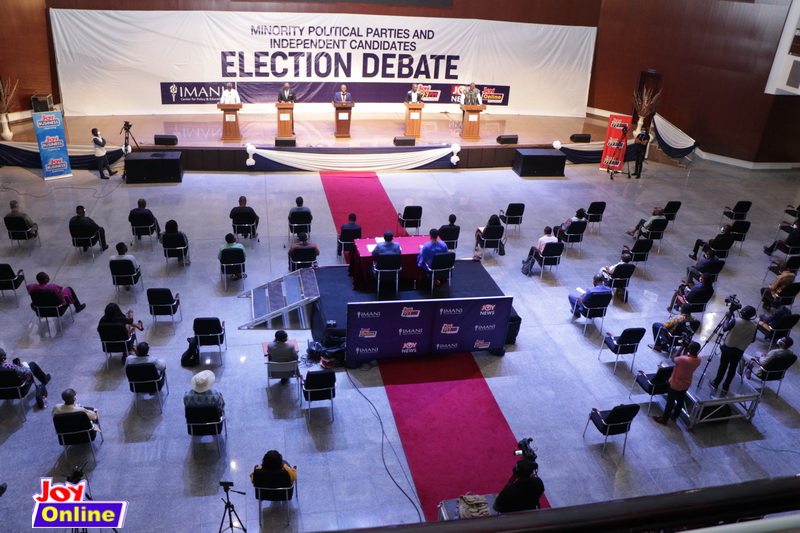
After nearly two hours of policy debate on nepotism, the energy sector, taxation, affirmative action, corruption among others, each candidate had the opportunity to present an alternative system of governance to the nation.
While some presented outstanding in their submissions, others offered less impressive arguments.
One of the more impressive aspirants, Marricke Kofi Gane addressed measures to address nepotism. Mr Gane asserted that Ghanaians should be given a choice in the appointments made by the government in the running of the country.
He believes that it is imperative that professional institutions employ a concerted approach to ensure that the most suitable selections are made in filling vacancies in the respective sectors of the economy.
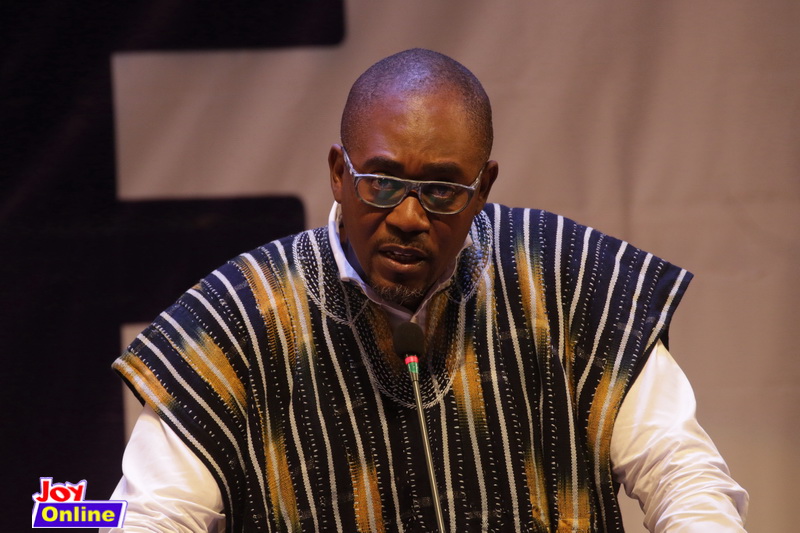
The aspirant told a panel that an all-inclusive style would control the issue of nepotism in the choice of leaders in government.
“One of the things that I have decided that we will do is to set up committees that involve people from all walks of life; the professional sectors, the judiciary and other elements of our society, to put out names to the president from Ghanaians home and abroad to ensure that we breakdown that element of the president having to choose everybody that he knows,” he explained.
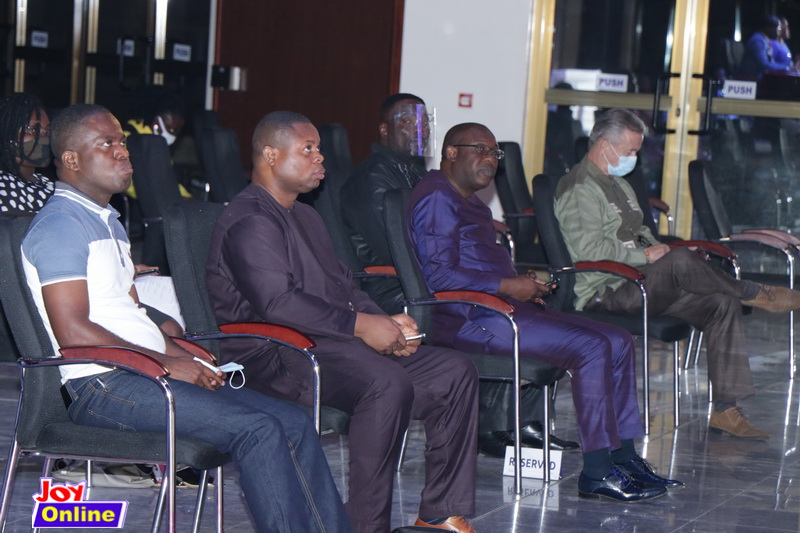
The topic of corruption was a main point of discussion at the debate.
Onipayede Osson Teye admitted its prevalence in the nation's governance but emphasized on its effect during the election campaign season, arguing for the State to sponsor the political campaigns of parties. This, he believes, is the best way to curb corruption at the political level.
The Junior High School dropout added that as president, he will ensure that every party receives a sum of ¢160,000 from the state coffers as its budget going into elections.
When asked how he intended to address the issue of corruption associated with procurement in the country, Mr Osson Teye was of the opinion that corruption was not limited to procurement.
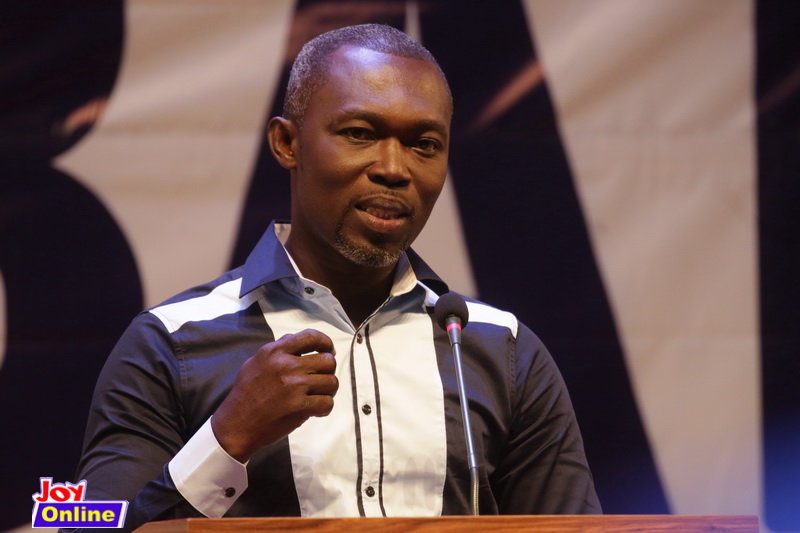
"Corruption goes beyond procurement and what I intend to do when I want to fight corruption is to redefine corruption…At least if you redefine corruption you'll find out that even as a public servant if someone misleads you it's part of corruption," he said.
Addressing the gathering on the same topic, Kofi Koranteng, another aspirant who stood out during the debate, indicated that the fight against corruption is at the heart of his campaign.
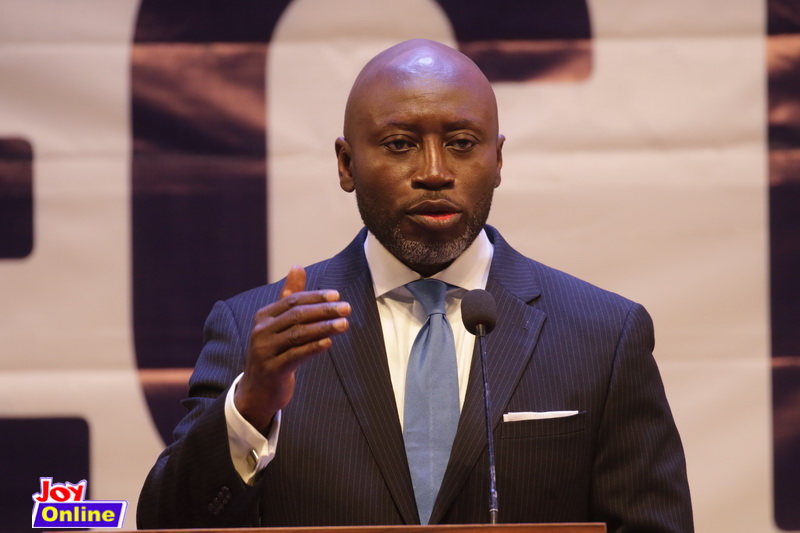
He explained that the creation of an Office of Supervisory Jurisdiction will facilitate the adjudication of corruption-related cases in a dispassionate manner.
“We’re going to have an office set up called the Office of Supervisory Jurisdiction working in tandem with the director of public prosecutions on a zero-tolerance approach to corruption. So if you fall out of line, you’re out of here,” he said.
Regarding the energy sector Presidential aspirant, Samuel Ofori Ampofo had a unique approach towards effectively streamlining revenue from the industry.
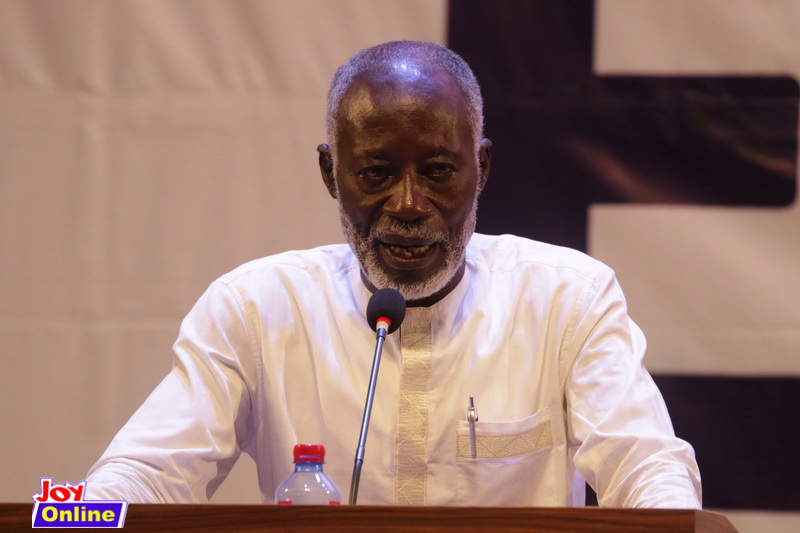
Mr Ofori Ampofo attributed the stunted growth of the energy sector to the high levels of corruption within the country’s structural system.
However, Mr Koranteng argued for the country to refine its own petroleum products and institute effective distribution lines.
“As long as we stick to the status quo of not punishing corrupt people we will not go anywhere… “The system is broken, NDC and NPP must just be fired because we need competent people at the helm of governance,” he said.
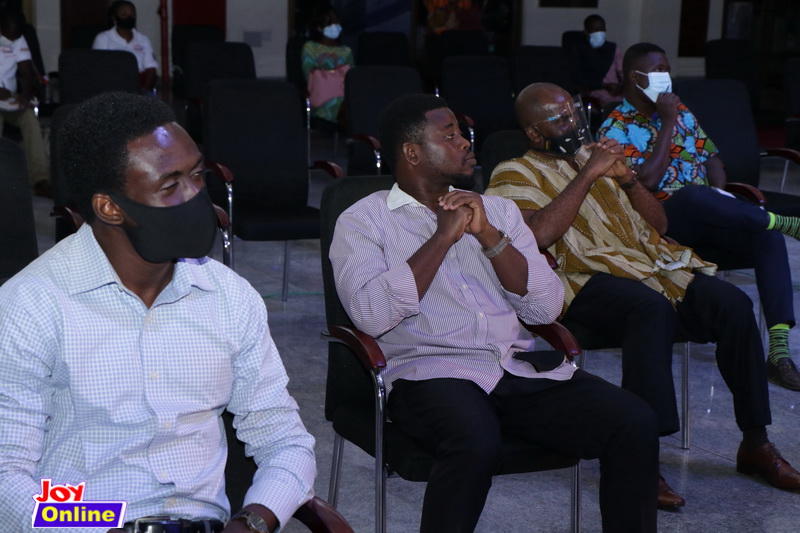
Submissions on women empowerment and affirmative action brought out interesting viewpoints of some of the aspirants.
Dr Tom Asiseh, Mr Koranteng and Marricke Gane shared the opinion that increasing the participation of women in political and leadership roles in government was the way forward.
The others had a different view.
Carl Ebo Morgan lamented what he described as "reverse discrimination against boys".
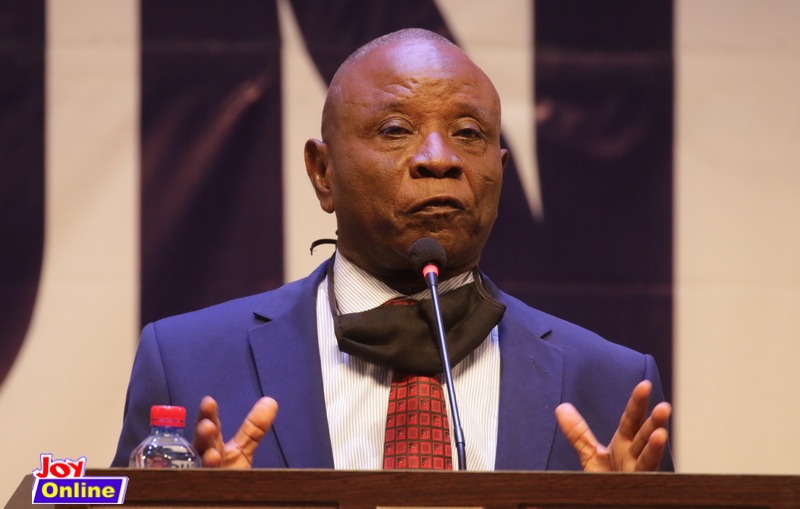
While acknowledging the need for women to be more involved in governance he was of the opinion that the scales should be balanced for both genders.
“We should also look at it holistically. We are talking about empowering the woman, what about the boys? They also equally must be empowered.
On the same topic Onipayede Ossom Teye contended that "majority of women are naturally powerful and intelligent. So if you take power to them, you double the power they have and then it turns into something else,” he explained.
For that matter, he maintains that “it’s time to take the power to the men… some will be given to the women but in terms of majority, let us give it to the men".
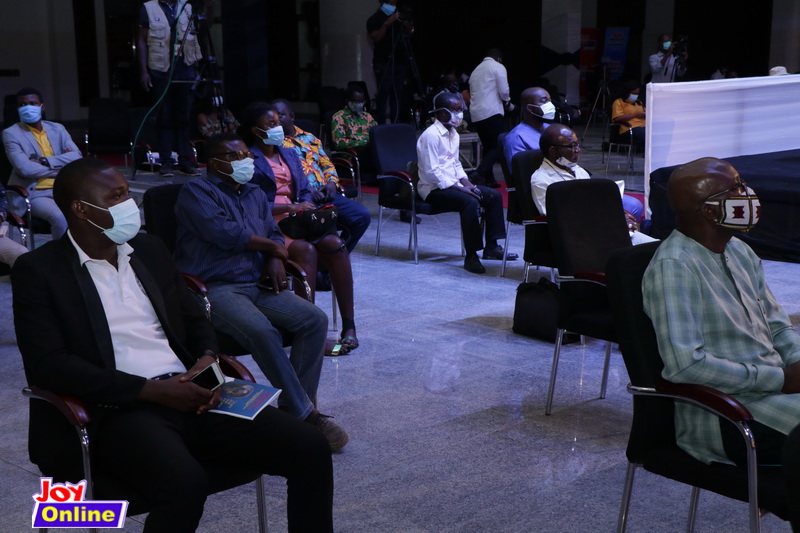
On education, however, all aspirants in the podium agreed that the sector needed major transformational reforms.
Carl Ebo Morgan, however, expressed his reservations about the implementation of the Free SHS programme and blamed the challenges on the mindset of the children.
Citing the recent reports of attacks on invigilators during the ongoing WASSCE, he lamented on the fact that the “children have been pampered to believe that they are special. But when it came to reality, look at what happened. They were insulting even the President. So it is our mindset".
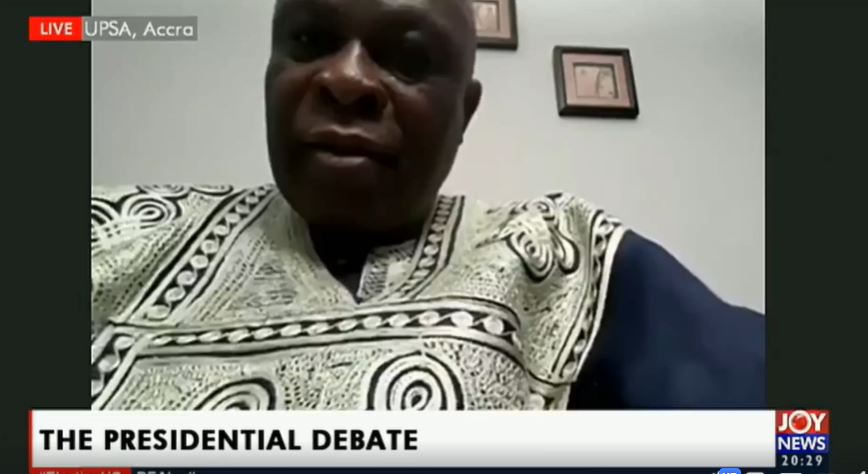
On nepotism, Mr Morgan proffered his solution to end what he described as the ‘family and friends’ type of government.
If elected into office, Carl would like to review the constitution to limit the power of the president.
“I am of the view that the 1992 constitution has given so much power to the president. He appoints tons of people. And naturally, when you have such power, you will like to bring your closest family".
Finally, on the issue of taxation, Mr Samuel Ofori Amofo argued that the money invested into the Nation Builders’ Corps (NABCO) would be best invested in building industries that would employ these same youth. Taxes would then be deducted from their salaries, which would serve as their contribution to the nation's coffers.
The debate was organised by JoyNews' in partnership with IMANI Ghana.
Latest Stories
-
‘It is false’- PMMC refutes claims of politicians smuggling gold from Ghana
18 minutes -
2 million NPP supporters did not turn up to vote – Kabiru Mahama
20 minutes -
IPR Ghana congratulates citizens for peaceful election, calls for unity
58 minutes -
Bawumia’s 8 minutes elite ball that zapped the energy of trigger happy politicians
2 hours -
It will be a betrayal if National Cathedral saga does not feature in ORAL’s work – Ablakwa
2 hours -
‘It’s unfortunate we had to protect the public purse from Akufo-Addo’ – Ablakwa on ORAL Team’s mission
3 hours -
Congo lawyers say Apple’s supply chain statement must be verified
3 hours -
Stampede in southwestern Nigerian city causes multiple deaths
3 hours -
Tens of thousands without water in Mayotte as curfew brought in
4 hours -
ORAL: We won’t witch-hunt, we’ll focus on transparency, not revenge – Ablakwa
4 hours -
Attempted robbery: Accused claims he carried cutlass for protection
4 hours -
Excavator operator jailed for stealing
5 hours -
African fans age-shame me for putting on some outfits – Tiwa Savage
5 hours -
Tiwa Savage criticised by female fans for stance on cheating in relationships
5 hours -
Bank of England expected to hold interest rates
5 hours

